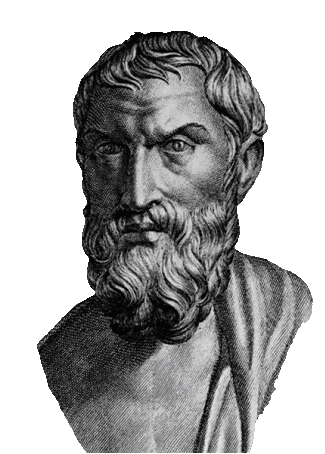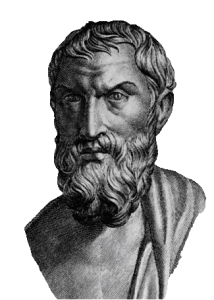For “Father’s Day” in the U.S.: “You, Father, found the truth….” and saved us from folly.
O glory of the Greeks, the first to raise the shining light out of tremendous dark, illumining the blessings of our life. You are the one I follow; in your steps I tread, not as a rival, but for love of your example. Does the swallow vie with swans? Do wobbly-legged little goats compete in strength and speed with thoroughbreds? You, father, found the truth; you gave to us a Father’s wisdom, and from every page, O most illustrious in renown, we take, as bees do from the flowery banks of summer, the benefit of all your golden words, the gold most worthy of eternal life; For, once your reason, your divining sense, begins its proclamation, telling us the way things are, all terrors of the mind vanish, are gone; the barriers of the world dissolve before me, and I see things happen all through the void of empty space.
– Lucretius, De Rerum Natura, Book III, (Humphries Translation)
Also in commemoration of father’s day, we have a brief anecdote about Epicurus’ own father that Norman DeWitt recorded in Chapter II of Epicurus and His Philosophy:
It may have been the privilege of Epicurus also to witness the performance of the first play produced by Menander, greatest of writers in the era of the New Comedy. That the two were of the same age and discharged their military service together is well known. It is known also that the first play of Menander was produced in 321B.c. The degree of their intimacy is not certified. In the Palatine Anthology is an epigram ascribed to Menander, which turns upon the fact that the fathers of both Themistocles and Epicurus were named Neocles: “Salutations to you two, both of you sons of Neocles, one of whom saved us from servitude, the other from folly.”
And so on this father’s day we can be grateful that our figurative father, Epicurus, found the truth and saved us from folly.
Peace and Safety!
_________
As Seneca recorded: Sic fac omnia tamquam spectet Epicurus! So do all things as though watching were Epicurus!
And as Philodemus wrote: “I will be faithful to Epicurus, according to whom it has been my choice to live.“


